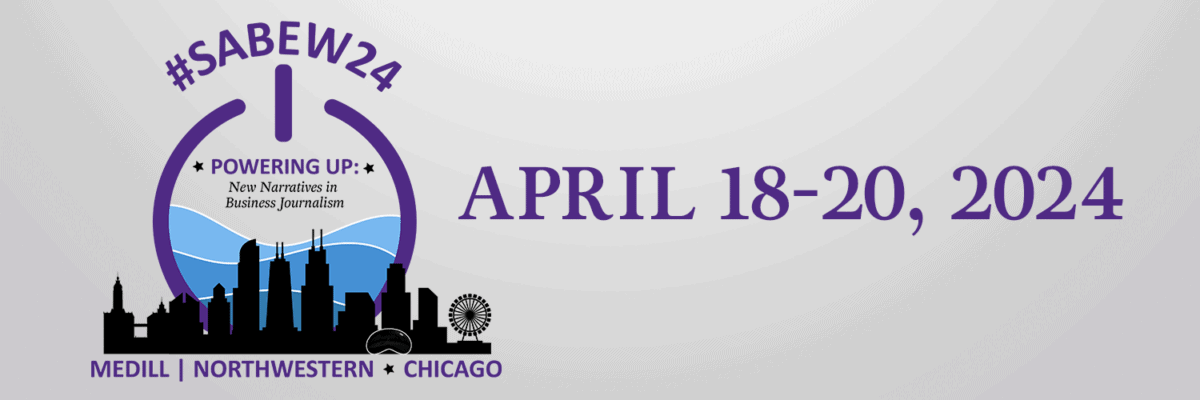By Mimi Wright
If there is one piece of advice that I would give to any college student, it would be this: study abroad. The experiences, connections and sights you see are priceless. But unfortunately, the trip is not. Studying abroad is a hefty financial undertaking. It can be extremely overwhelming when you are faced with the program fee, because I know I was. A helpful tip: PLAN AHEAD. I worked a lot the summer before my spring study abroad so that I had some cushion for the blow. But even that wasn’t enough for what my program fee was.
I chose to take out loans to finance my trip. I was able to get a total of $7,500, which was super helpful. I won’t have to pay off the loans until after I graduate (although interest might accrue, depending on need). At my university, we run own program in another countries, so we have to pay tuition on top of program fees.
Make sure you look into your school’s requirements with tuition; sometimes, it’s actually cheaper to study abroad than stay at your school. Trust me. Luckily, I qualified for some scholarships because of my academics, so this offset the cost of my tuition. My parents also helped me with the remainder of tuition and some of the program fee, but I was responsible for a good chunk of it.
When it comes to buying your ticket, check out Student Universe. My roundtrip flight to London was $600. Also, look at Skyscanner. While I was overseas, I used Skyscanner for most of my travel, and most of the flights are SUPER cheap. But plan your trips in advance, because I had to pay extra a few times when I wasn’t organized.
For budgeting beforehand, sit down with a financial advisor or a study abroad advisor and make a breakdown of how much you think the semester will cost. I sat down with both a financial advisor and study abroad advisor and made an entire list, from transportation to beer costs. Just FYI — going out gets expensive, so just be prepared for costly bills at the end of the night. Or only get one drink and save some money! The breakdown significantly helped, but if I am going to be honest, add about $500 to each month once you do the breakdown. There are so many unforeseen costs!
Additionally, before you go, I recommend putting your credit card/debit card/whatever card you are using into your Apple Wallet. Mostly everything in Europe is contactless, which means you can hold your credit card to the machine and pay in about two seconds. If you don’t have contactless, you have to sign after every purchase, and show an ID. I got a Travelx card, and it was absolutely amazing. You can load different currencies onto the card, which was super convenient.
Make sure you plan your finances ahead of time. It really is manageable if you plan. Some of my fellow students did less planning, and have been struggling to make ends meet. Once you get overseas, you won’t want to be stressing about money, because there is just so much to see and do. Bon Voyage!
Wright is a senior at the University of Missouri School of Journalism.






